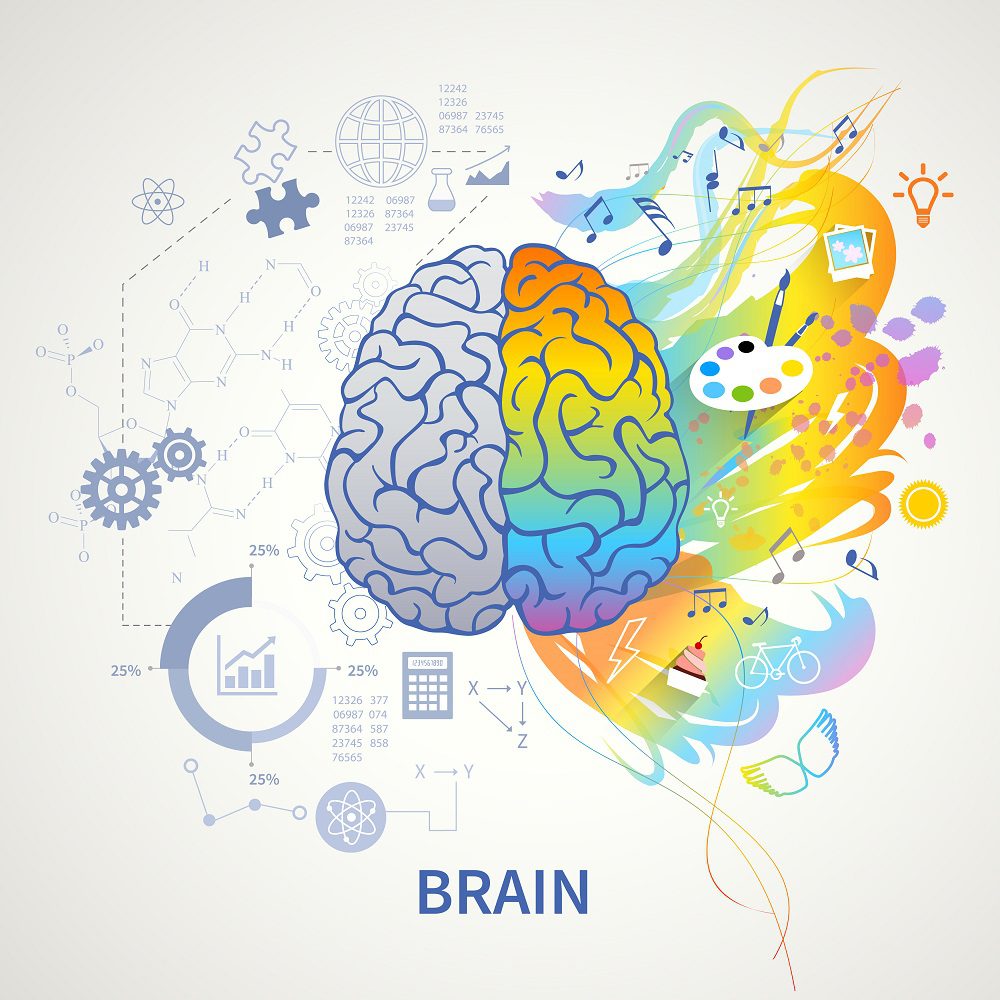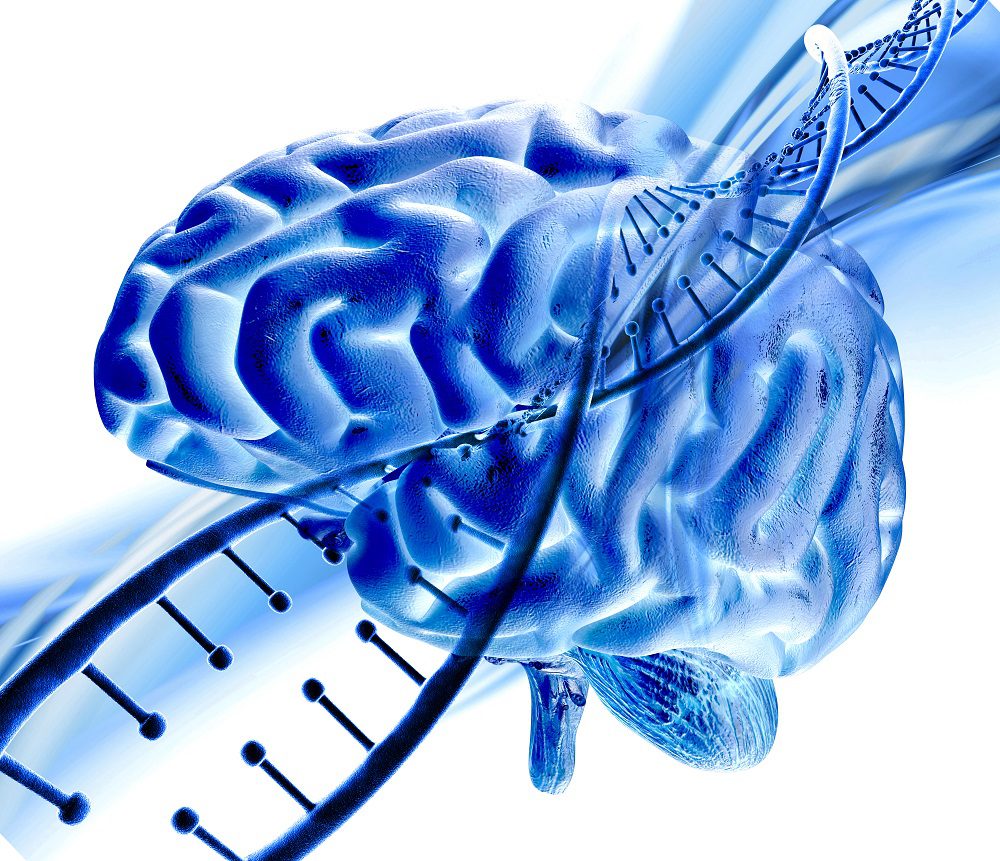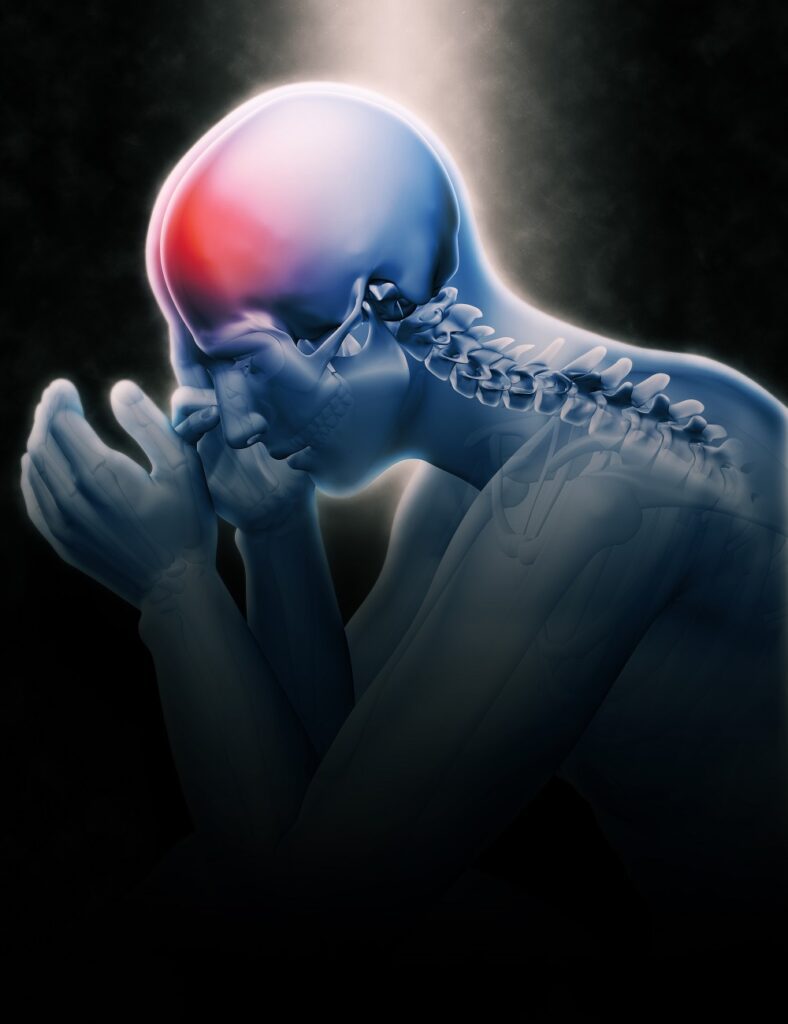On closed-loop brain stimulation systems for improving the quality of life of patients with neurological disorders


Emerging brain technologies have significantly transformed human life in recent decades. For instance, the closed-loop brain-computer interface (BCI) is an advanced software-hardware system that interprets electrical signals from neurons, allowing communication with and control of the environment. The system then transmits these signals as
Global synergistic actions to improve brain health for human development


The global burden of neurological disorders is substantial and increasing, especially in low-resource settings. The current increased global interest in brain health and its impact on population wellbeing and economic growth, highlighted in the World Health Organization’s new Intersectoral Global Action Plan on Epilepsy and other Neurological
Circulating long non-coding RNAs as novel diagnostic biomarkers for Alzheimer’s disease (AD): A systematic review and meta-analysis


Long non-coding RNAs (lncRNAs) have been reported to be involved in the pathogenesis of neurodegenerative diseases. In this systematic review, we compiled all studies on the subject to evaluate the accuracy of lncRNAs in identifying
Down syndrome and Alzheimer’s disease: A scoping review of functional performance and fall risk


As with the general aging adult population, there is an urgent need to understand the preclinical and early phases of AD (Alzheimer disease) progression in the adult population with DS. The aim of this scoping review was to synthesize the current state of the evidence and identify gaps in the literature regarding functional activity performance
Mesenchymal and Neural Stem Cell-Derived Exosomes in Treating Alzheimer’s Disease


As the most common form of dementia and a progressive neurodegenerative disorder, Alzheimer’s disease (AD) affects over 10% world population with age 65 and older. The disease is neuropathologically associated with progressive loss of neurons and synapses in specific brain regions. Despite the intensive effort, there is still no cure for the
Current and Future Nano-Carrier-Based Approaches in the Treatment of Alzheimer’s Disease


It is a very alarming situation for the globe because 55 million humans are estimated to be affected by Alzheimer’s disease (AD) worldwide. This is an urgent reminder for better research and treatment due to the unavailability of a permanent medication for neurodegenerative disorders like AD. There are several novel and conventional formulation
